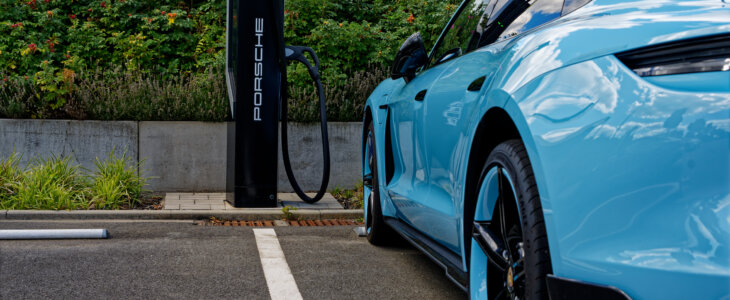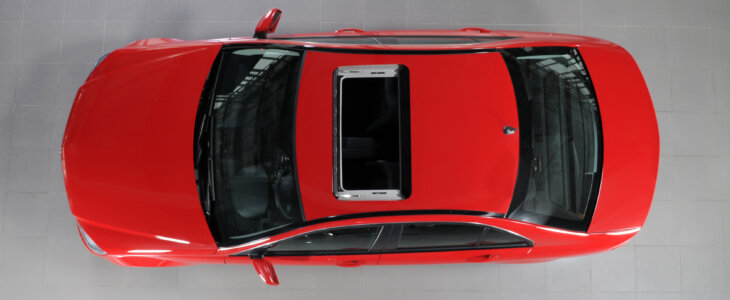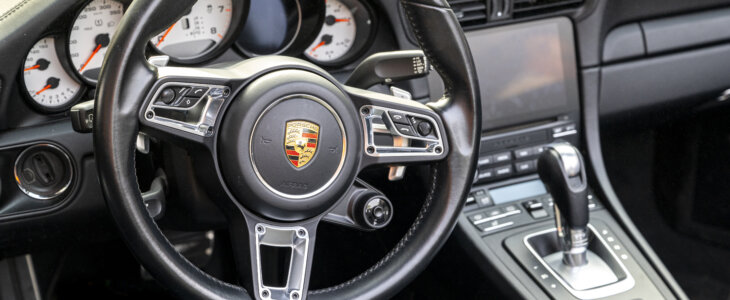Audi Also Recalls Over 6,000 e-tron GT Models With Identical Defect
Porsche and Audi are recalling more than 34,000 electric vehicles in the United States due to a serious defect that could lead to battery fires, according to documents published by the National Highway Traffic Safety Administration (NHTSA).
History Behind the Recall
The problem originates from high-voltage battery modules that may contain a manufacturing defect, leading to a short circuit and increased risk of fire.
Affected vehicles include:
- 2020–2024 Porsche Taycan (27,527 units)
- 2022–2024 Audi e-tron GT and RS e-tron GT (6,499 units)
NHTSA’s analysis revealed that there are no advance warning signs for drivers. The defect was traced to a supplier production issue, which has since been addressed in newer vehicles.
What Owners Need to Do Next
Owners of affected vehicles will be notified by mail. Until repairs are completed, some Porsche drivers will be advised not to charge their vehicles above 80%. Dealers will install updated diagnostic software to monitor battery performance. If the system detects anomalies, charging will be limited and battery modules will be replaced free of charge.
Vehicles produced after April 3, 2024 (Porsche) and after May 27, 2023 (Audi) are not affected due to updated manufacturing practices.
Drivers are advised to visit nhtsa.gov and enter their VIN to confirm if their vehicle is included in the recall. You can also contact your local Porsche or Audi dealership for more information or to schedule an inspection.
How Porsche and Audi Owners Can Take Back Control
While this recall has been communicated to owners, many continue to be unhappy with the solutions provided by automakers. These problems have the potential to escalate into further action, underlining the importance of protecting consumer rights.
If you struggle with vehicle troubles and feel cornered against big vehicle brands, remember it is always better to have experts with you. With extensive experience and successful cases at hand, The Lemon Firm is your best bet. With dedicated team members always at your disposal, the package becomes too good to be true. So, if your car is giving you a headache, don’t hesitate to reach out!
Call 833 Lemon Firm and speak with a case analyst today!




